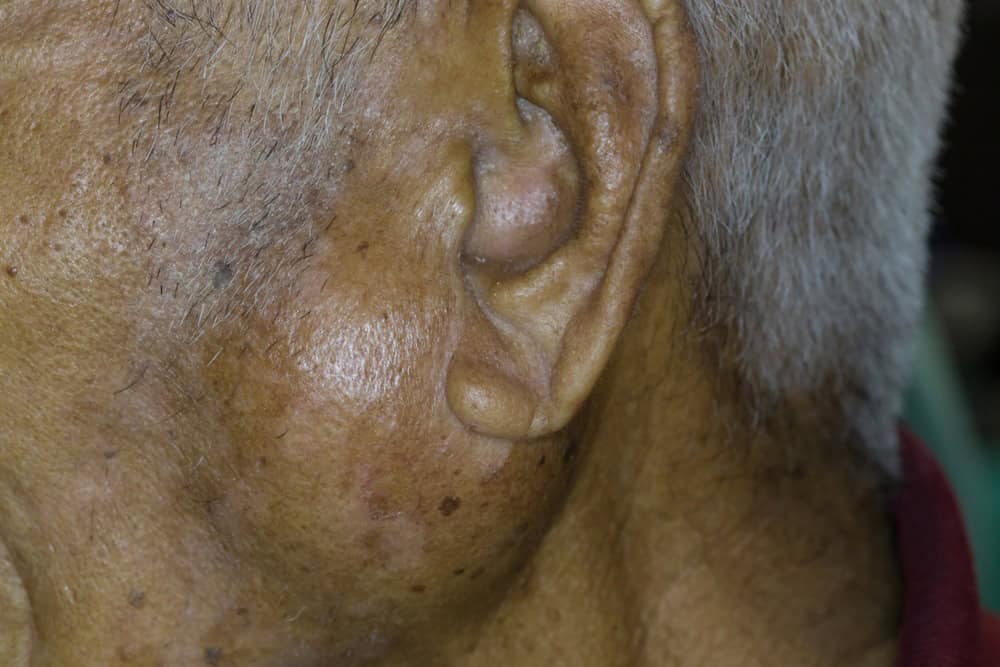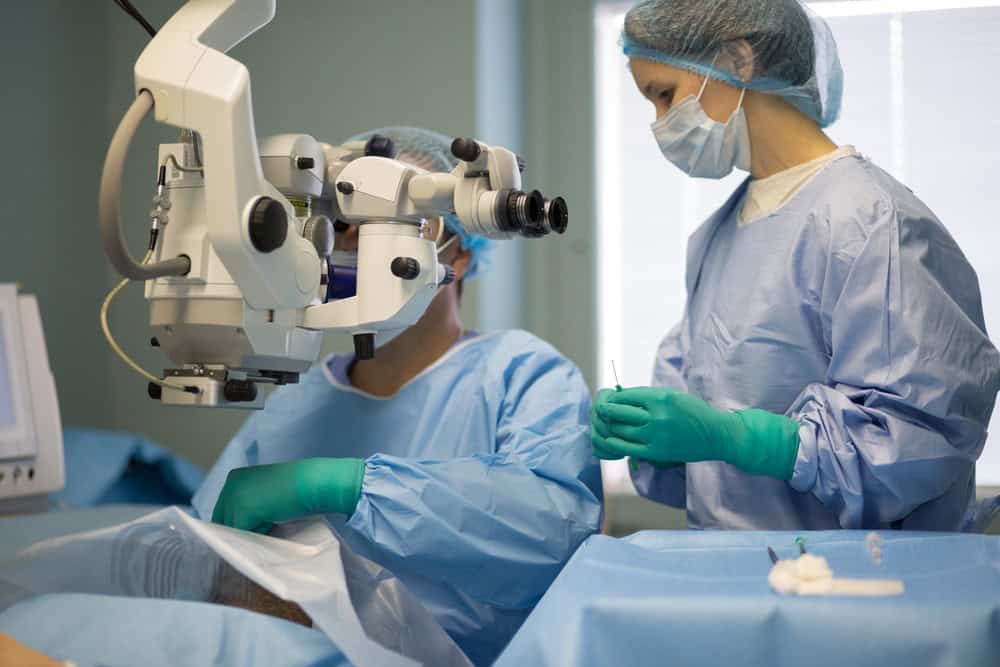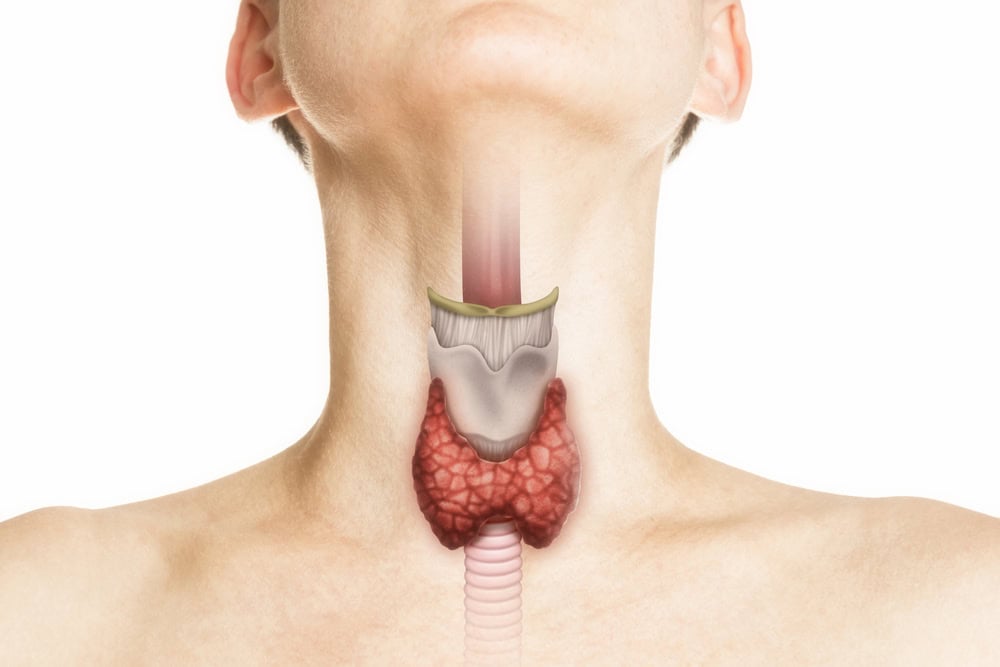6:00 PM – 7:00 PM
Friday: 7:00 PM – 8:00 PM
6:00 PM – 7:00 PM
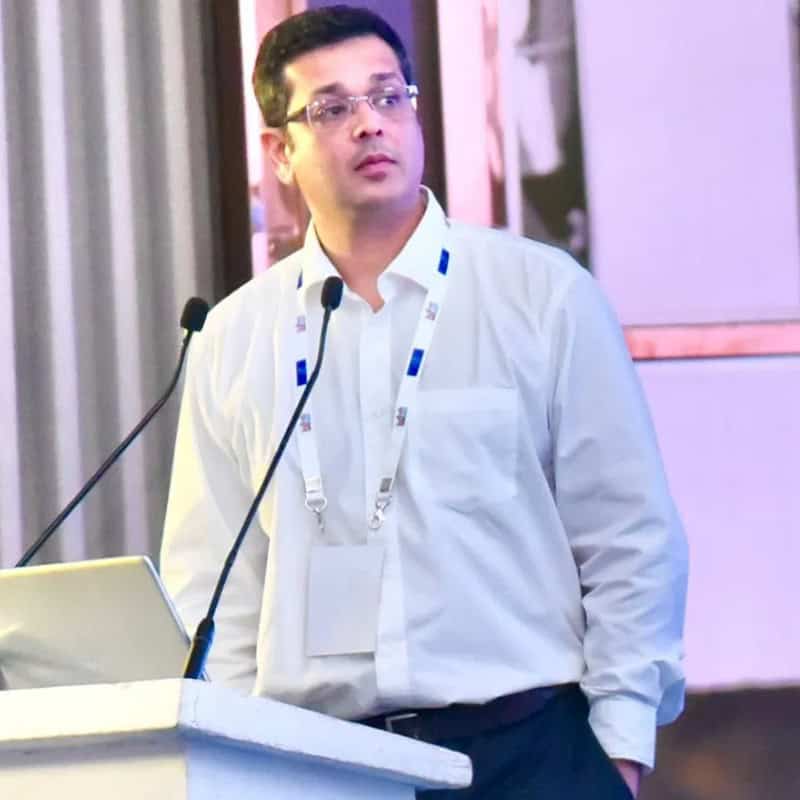
Head and Neck Oncologist in Mumbai | Dr Devendra Chaukar
- Dr Devendra Chaukar is one of the best head and neck oncologists in Mumbai, having 20+ years of experience. He has received specialized training in the diagnosis and surgical treatment of head and neck cancers and thyroid and parathyroid disorders.
- Dr. Devendra Chaukar was a consultant at Tata Memorial Hospital from 2002-2012 and then as HOD from 2012-2022.
- Currently, Dr Devendra Chaukar is the Director of Head & Neck Oncology at Nanavati Max Super Speciality Hospital from 2022.
- He is meticulous in his approach to treatment and works to minimize the risk of complications and side effects.
Years of Experience
Publications
Patients Treated
Top Services Offered by Dr. Devendra Chaukar
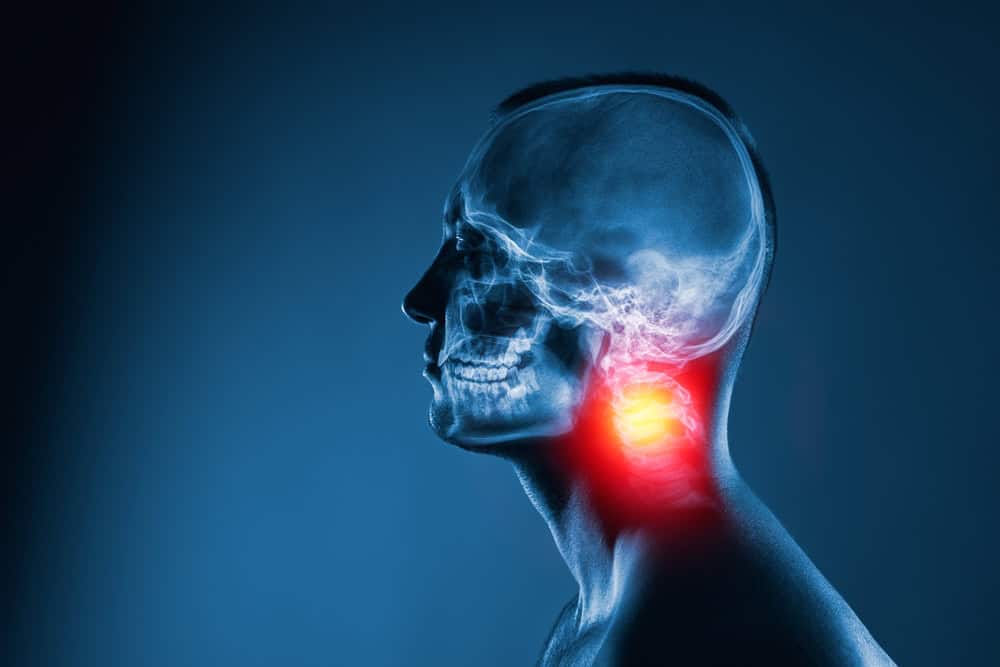
Head and Neck Surgery
Head and neck surgery is the specialityy of Dr. Devendra Chaukar that involves the treatment of various conditions affecting …
We regularly brush our teeth, floss, and use mouthwash, but how frequently do we genuinely consider the health of our mouths?…
The thyroid is a small butterfly-shaped gland located in your neck. It plays a crucial role in regulating your body’s metabolism…
Are you in need of parotid surgery in Mumbai? Are you looking for a skilled specialist who understands your needs? Dr. Devendra…
The thyroid is a small butterfly-shaped gland located in your neck. It plays a crucial role in regulating your body’s metabolism….
Annually 1 in 100,000 people in Mumbai is diagnosed with laryngeal and hypopharyngeal cancer. With an alarming rise in these….
Choose Dr. Devendra Chaukar for top-notch head and neck care in Mumbai!
Memberships
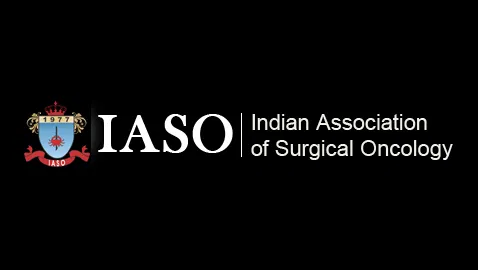


Video
Our Gallery
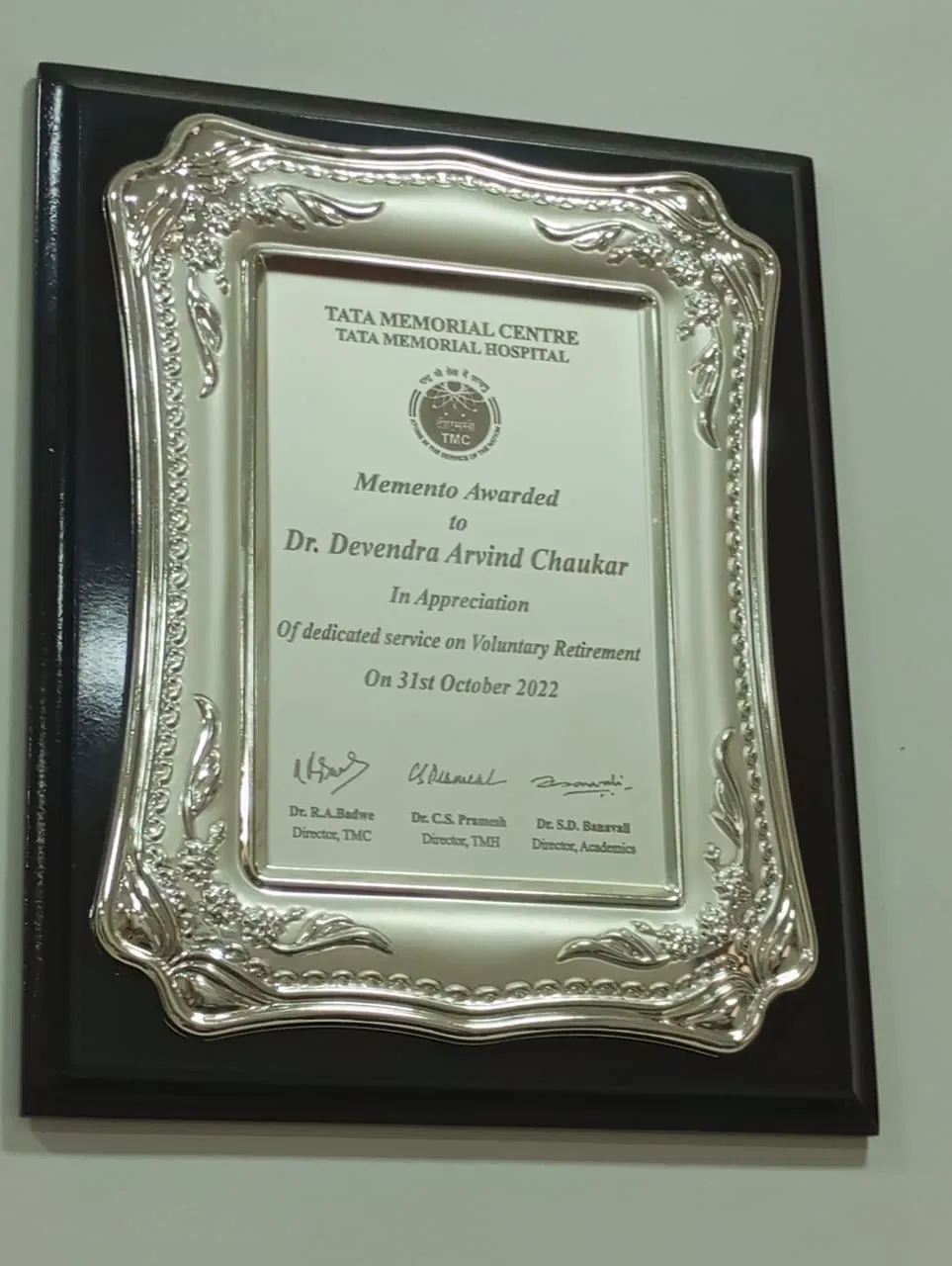
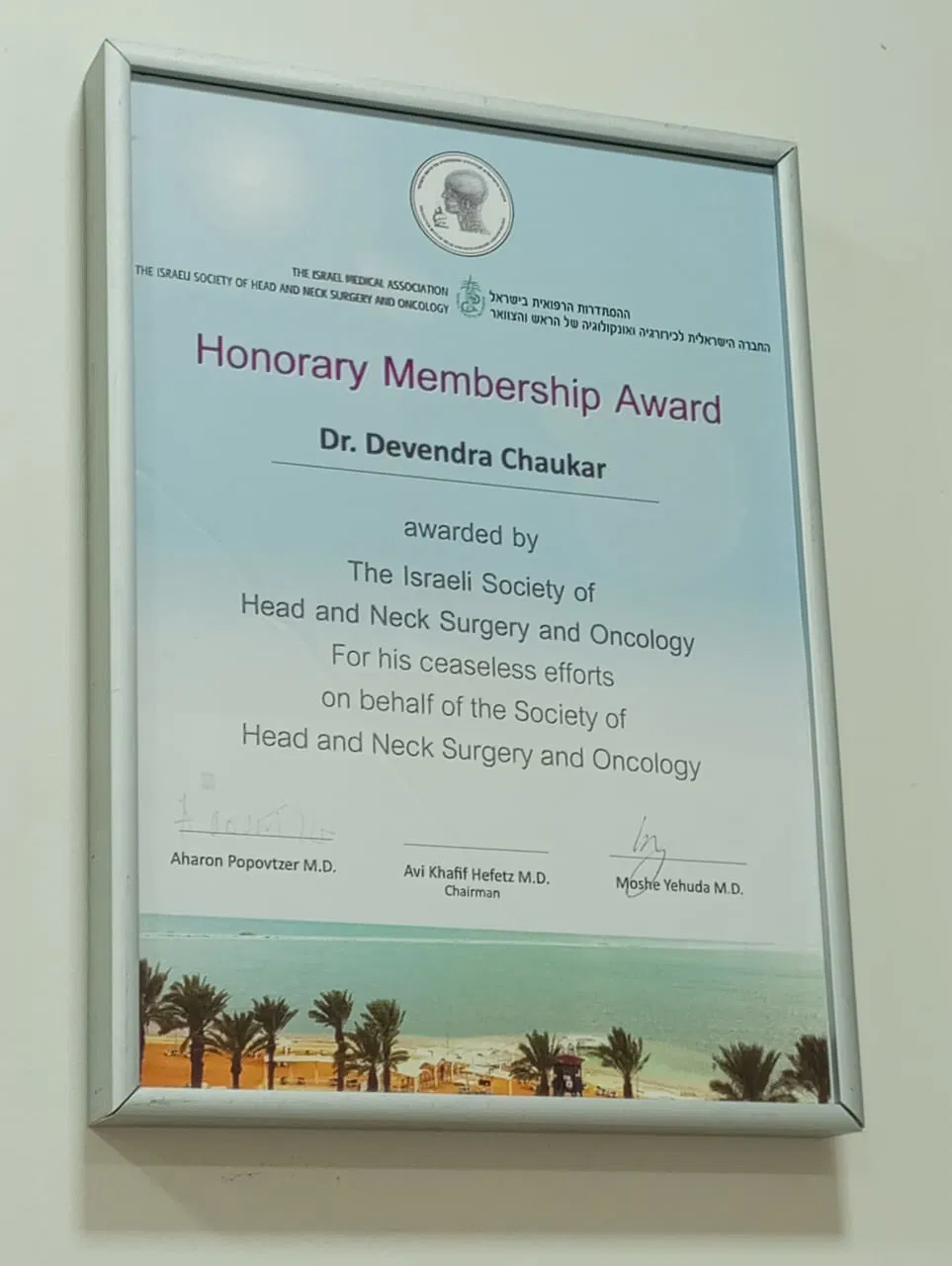
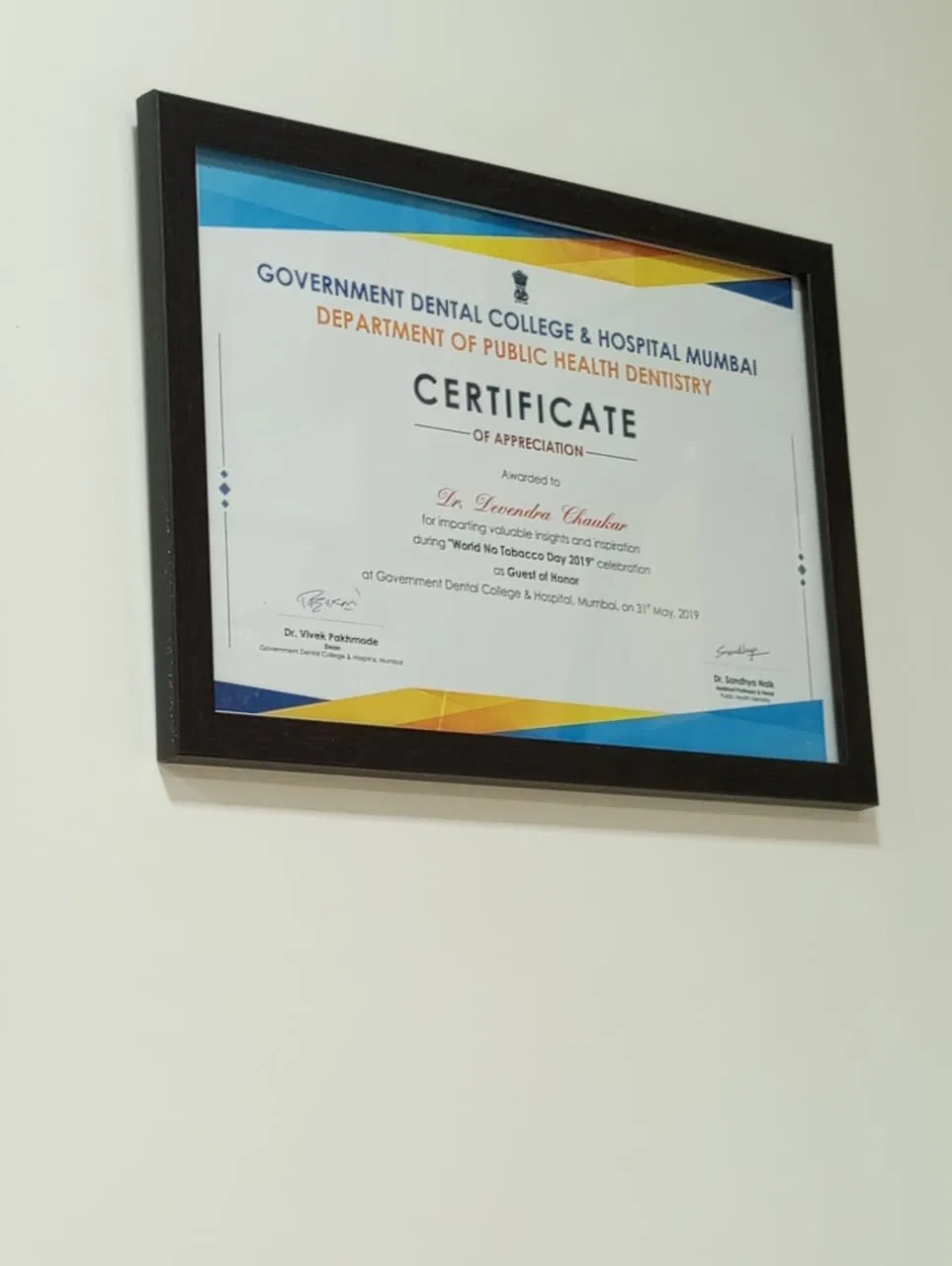
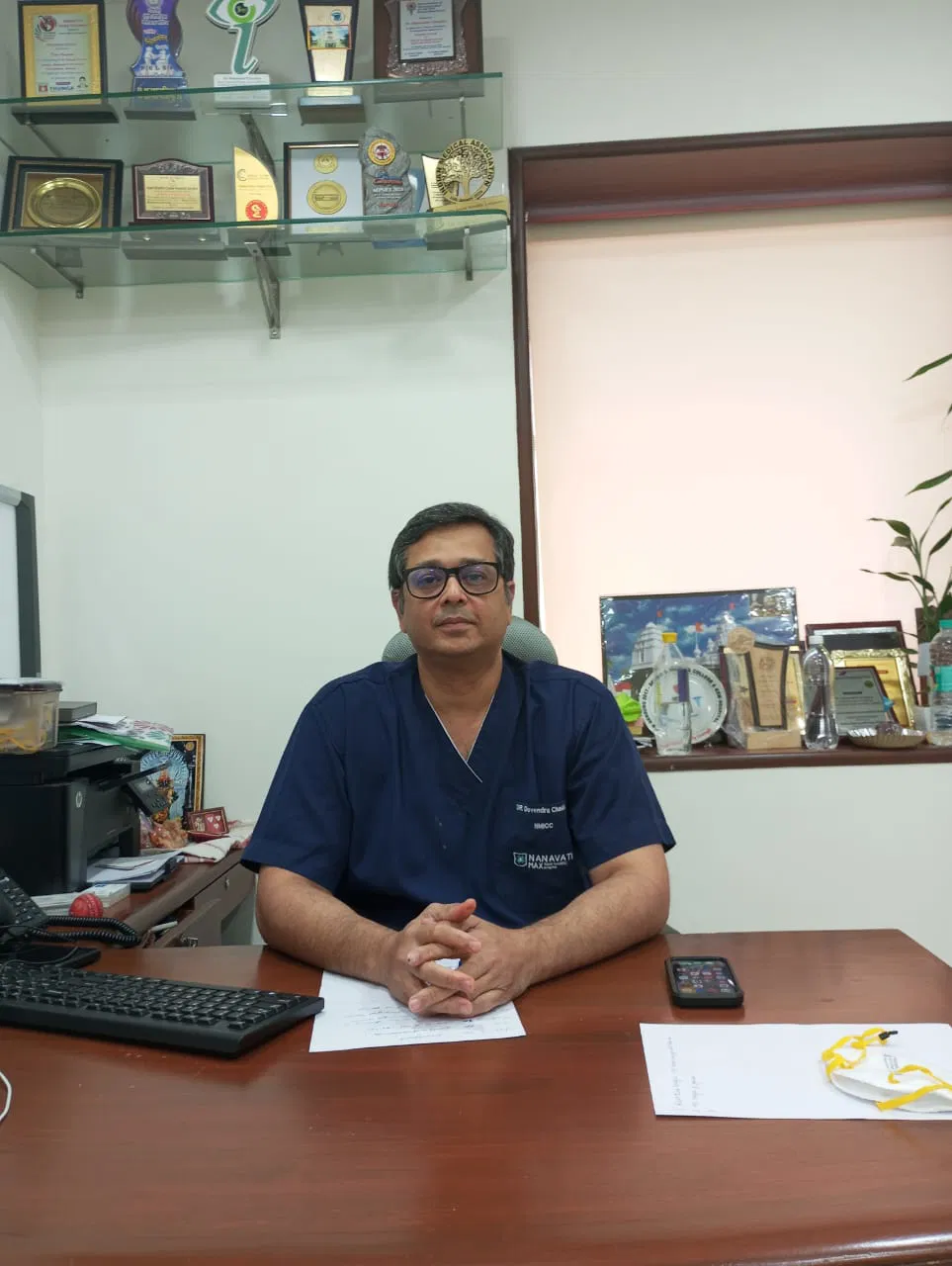
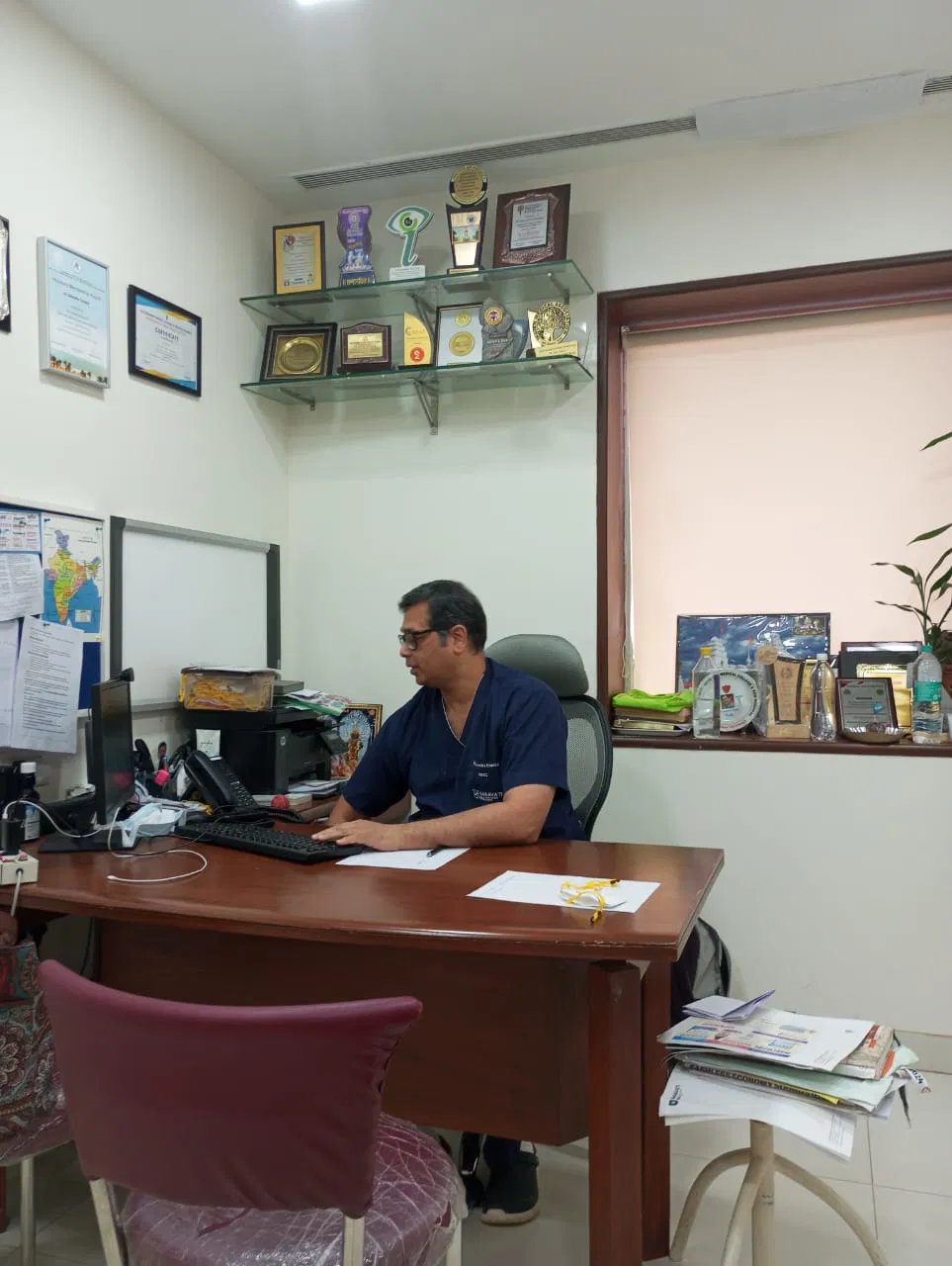
Google Testimonials
Recent Blogs
-
Swelling After Thyroidectomy: Causes, Recovery, and When to Seek Help
Dr Devendra Chaukar Dr. Devendra Chaukar is a renowned Head and Neck Surgical Oncologist with ove...
-
Post Surgical Hypoparathyroidism: Causes, Symptoms & Treatment
Dr Devendra Chaukar Dr. Devendra Chaukar is a renowned Head and Neck Surgical Oncologist with ove...
-
Earache After Parotidectomy
Dr Devendra Chaukar Dr. Devendra Chaukar is a renowned Head and Neck Surgical Oncologist with ove...
-
Salivary Gland Cancer Lump on Jawline
Dr Devendra Chaukar Dr. Devendra Chaukar is a renowned Head and Neck Surgical Oncologist with ove...
Press Release

Dr. Devendra Chaukar: Redefining Excellence In Head And Neck Cancer Care With Advanced Treatment Modalities

Dr. Devendra Chaukar, Mumbai's leading Head and Neck Oncologist states early detection and treatment of Head and Neck Cancer improves the recovery chances

Dr Devendra Chaukar on the future of head and neck oncology
Frequently Asked Questions
What can I do to support my recovery after treatment?
After head and neck cancer treatments, taking care of your physical and emotional health is important. This may include following a healthy diet, getting regular exercise, attending follow-up appointments with your doctor, and seeking support from family, friends, or a support group.
How long does it take to recover from head and neck cancer surgery?
The recovery time for head and neck cancer surgery varies depending on the type and extent of the surgery. In general, patients can expect to spend several days in the hospital after surgery and may need to take several weeks off from work or other activities to recover fully.
How effective is head and neck cancer surgery?
The effectiveness of head and neck cancer surgery depends on several factors, including the type and stage of cancer and the patient’s overall health.
In some cases, surgery may be the only treatment needed to remove the tumour. In other cases, surgery may be combined with radiation therapy or chemotherapy to increase the chances of a cure.
What is the outlook for people with head and neck cancer?
The outlook for people with head and neck cancer depends on factors such as the location and stage of cancer and the patient’s overall health and response to treatment.
With early detection and appropriate treatment, many people with head and neck cancer can successfully manage their condition and achieve good outcomes.
Can head and neck cancer recur after treatment?
Yes, head and neck cancer can recur after treatment. Regular checkups and follow-up appointments are important to monitor for any signs of recurrence.
Essential Details for Visiting Dr. Devendra Chaukar
OPDs in Rajkot
Royal Plus Shashwat
Location:
60 Feet Road, Chandan Park Main Road, near Paradise Hall Road, Gopal Chowk, Rajkot, Gujarat 360005
Timings:
12:30 PM to 2:00 PM
Thakkar’s ENT Hospital
Location:
202, Lifeline Building, Vidya Nagar Main Road, Opposite Patel Boarding, Manhar Plot, Bhakti Nagar, Rajkot, Gujarat 360001
Timings:
2:00 PM to 4:00 PM
Next OPD Schedule:
Recurring: Every third Thursday of the month
Cancer OPD (Head & Neck Oncology) – Surat
Consulting Specialist:
Dr. Devendra Chaukar
Director, Surgical Oncology (Head & Neck)
Expert from Nanavati Max Super Speciality Hospital, Mumbai
Location:
Nanavati Max Surat MedCentre
Ground Floor, Office – 1/B, Zenon, Bamroli Road
Survey No. 84100-211,TPS – 6, Surat – 395002
For appointments:
Call: 75066 17368
Consulting Hospital
Ground Floor, Cabin no 17, LIC Colony, Suresh Colony, Vile Parle West, Mumbai, 400056
101, Opp. Jaslok Hospital, Peddar Road, Mumbai 400026
Consult Dr. Devendra Chaukar
Sat: 11am-2.30pm



